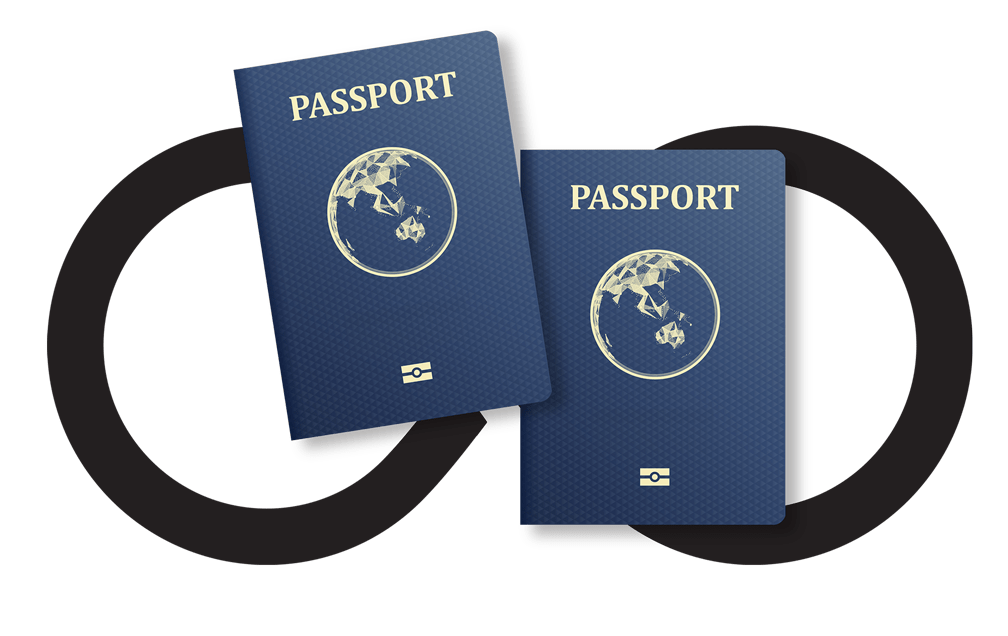What is a Notary Public?
A Notary Public is a solicitor authorised to validate documents for use internationally.
What is a Notary Public?
To become a Notary Public (also known as a Notary) a senior Lawyer must have 10 years professional experience with an unrestricted practising certificate. A Notary is accepted (selected) by their peers in the profession as a practitioner of outstanding probity and integrity.
A Notary Public is authorised to validate documents for use internationally. Some transactions or contracts require documentation to be notarised by a Notary Public when the document will be used in another country.

History of Notaries.
The Honourable Dr Jeannette Young AC PSM, Governor of Queensland, said in her speech at the Society’s 100-year celebration “It is, by many centuries, the oldest continuing branch of the legal profession.”
In fact, the office of Notary Public has been steeped in history and recognition since the days of the ancient Roman Empire. The word Notary comes from the Latin word Notarius which was the word used to describe a high-ranking government official. In the Middle Ages (1279 AD) the practice of authentication of international documents was adopted by the Pope.
With the separation of the English Church from Rome, the task of appointing Notaries was terminated by the Pope. However, Henry VIII appointed the Archbishop of Canterbury to re-assume the role of Notarial appointments. This power of appointment has now been vested in a Court of Faculties under the control of a Master. The Master still derives his/her power from the Archbishop of Canterbury.
In Queensland, Notaries are still appointed by the Archbishop of Canterbury through the Court of Faculties in England.
